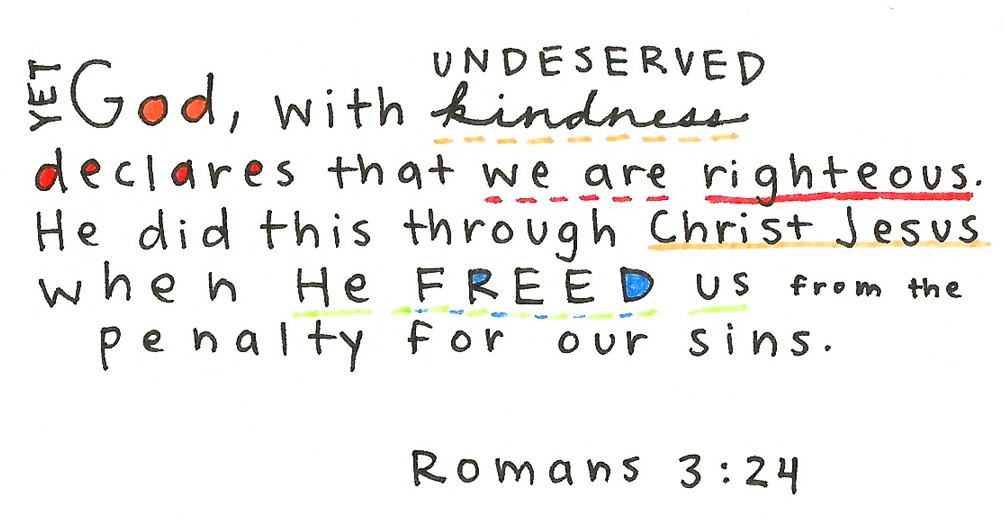Today’s reading is from Genesis, chapters 31-32.
So Jacob was left alone, and a man wrestled with him till daybreak.
Gen. 32:24
This is one of those mysterious incidents found throughout the Old Testament, where an element of mystery is given without much explanation. Who is the masked man and what was he doing?? I am sure Jacob must have felt that way too. He thought he was all alone, having sent everyone and everything across the river, when suddenly out of the shadows steps a man, who to Jacob’s amazement begins to wrestle with him. As you read further, there is no doubt who the man is. In fact, at the end of the story, Jacob names the place of this encounter, Peniel, which means, the face of God,
because he said, I have met God face to face and still survived.
Here is a man who, in some strange way, in one of those Old Testament manifesetations, is God himself appearing in visible form, and he wrestles with Jacob.
What does all that mean? Taken in connection with the whole story there is no question that what we have here is God’s attempt to improve Jacob’s prayer life with a crash course on how to pray. God is attempting to break down Jacob’s stubborn dependence upon himself. Jacob’s problem was that he never really trusted God to do things. He always had that inward feeling that if he did not do it himself, God would probably not come through. Now God is dealing with him in a defining moment. Jacob has to face up to the fact that, though his prayers are eloquent and beautifully phrased they are useless because he does not actually believe that God is going to do anything. All his trust is in himself. There is no expectation, but rather a stubborn refusal on Jacob’s part to give up and expect God to handle the situation.
Do you recognize yourself here? I recognize myself frequently doing that. The account continues, Verse 25: When the man saw that he could not overpower him, he touched the socket of Jacob’s hip so that his hip was wrenched as he wrestled with the man.
That came after hours of wrestling. Jacob has resisted, struggled, and fought back. He will not give in until, at last, the divine hand touches him on the thigh and puts the hip socket out of joint. That is the end of it; nobody can wrestle in that condition. All Jacob can do now is to cling in helpless dependence upon this strange wrestler. Knowing by now something of who this man is, he hangs on desperately.
Many messages on this account comment on the fact that Jacob was mighty in prayer because he wrestled with God all night long and prevailed. But it is not true that Jacob wrestled with God. It is God who wrestled with Jacob, trying to break down his stubborn self-reliance, his feeling that it all depends on him, that he has got to do it or else it is not going to get done, that God is really going to do nothing in the situation.
Jacob did not prevail over God by wrestling. The moment of prevailing comes when his hip is broken, when he is absolutely helpless and can do nothing but hang on. That is when he prevailed with God. That is what this account is teaching us. God responds to that sense of human helplessness.




